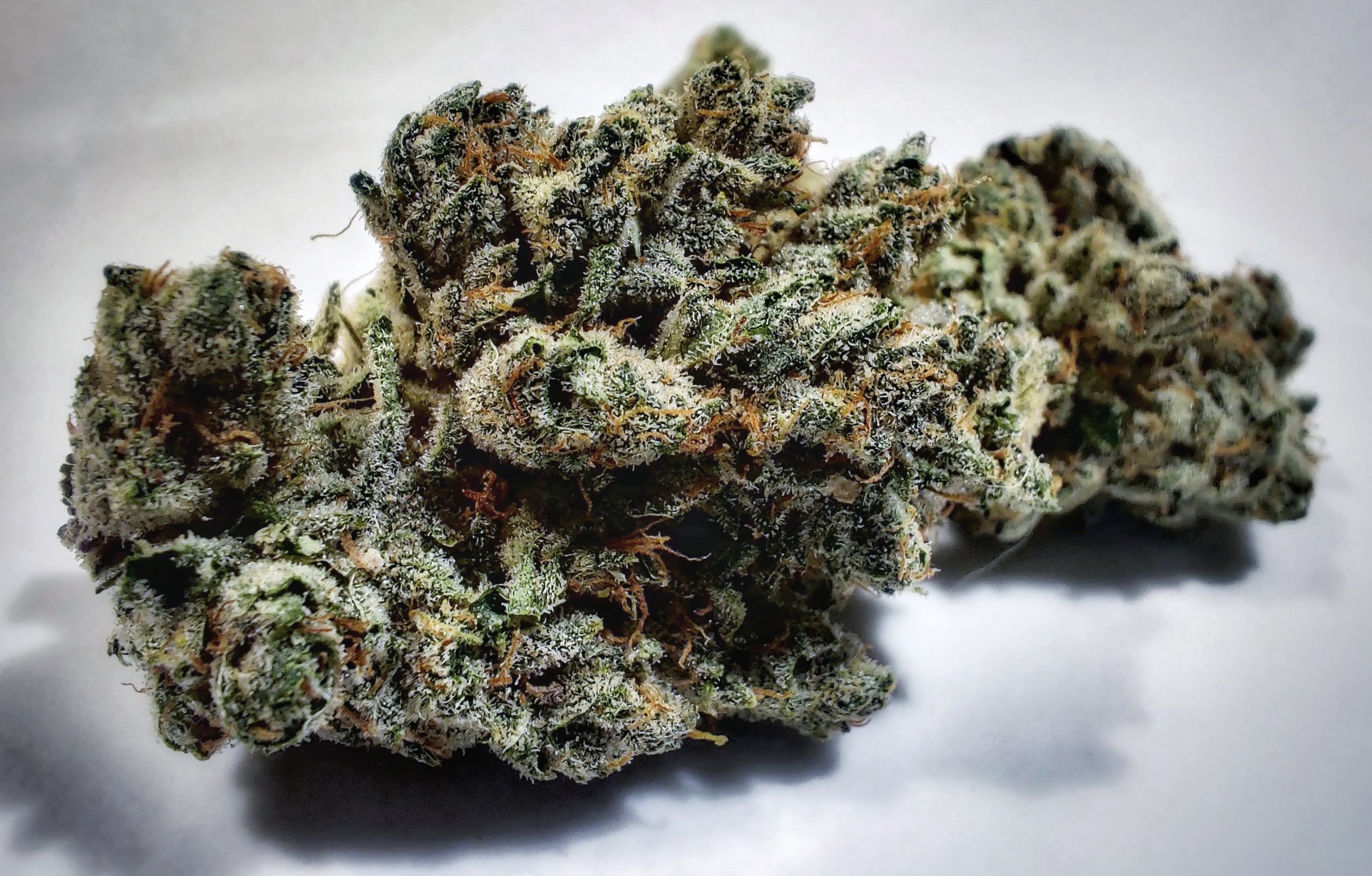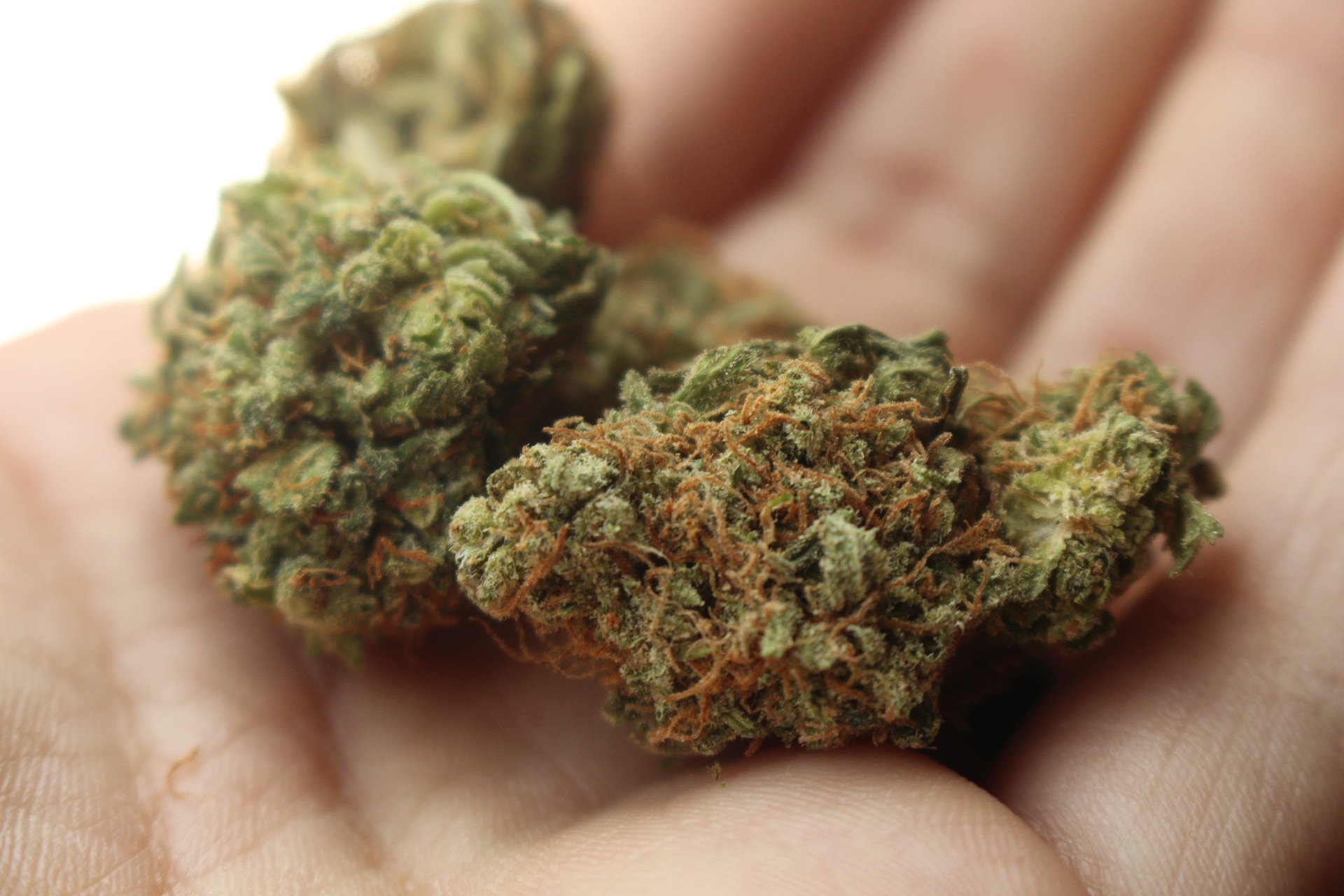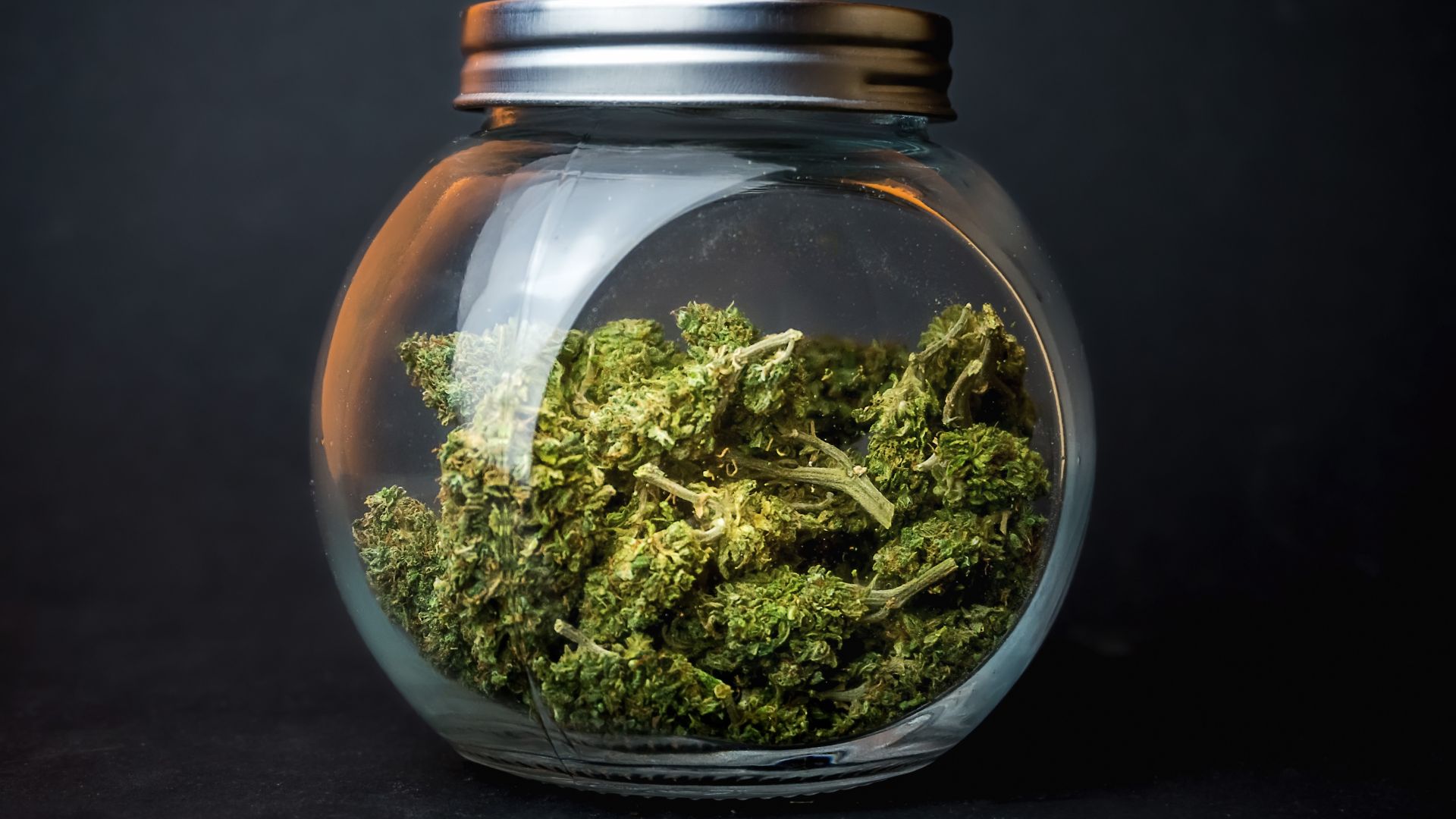News
CBD for IBS: Exploring the Potential Benefits and Risks
Irritable Bowel Syndrome (IBS) is a common gastrointestinal disorder that affects millions of people worldwide. Characterized by symptoms like abdominal pain, bloating, and altered bowel habits, IBS can significantly impact the quality of life. With conventional treatments often falling short, many are turning to alternative therapies, including cannabidiol (CBD). This article delves into the potential benefits and risks of using CBD for IBS, shedding light on this promising yet complex topic.
Understanding IBS: Symptoms and Challenges

Irritable Bowel Syndrome (IBS) is a chronic condition with no known cure. It manifests in various ways, including abdominal pain, cramping, bloating, gas, diarrhea, and constipation. The exact cause of IBS is unclear, but it’s believed to involve a combination of factors such as gut-brain interactions, gut microbiota imbalances, and immune system dysfunction. Traditional treatments focus on symptom management through dietary changes, medications, and lifestyle adjustments, but these solutions are often only partially effective.
Given the multifaceted nature of IBS, managing its symptoms can be particularly challenging. Patients often experience fluctuating symptoms that can severely impact their quality of life, leading to frustration and anxiety. In recent years, there has been growing interest in alternative therapies, including CBD for IBS. CBD, or cannabidiol, is being explored for its potential to alleviate various IBS symptoms due to its anti-inflammatory, analgesic, and anxiolytic properties.
The gut-brain axis, a bidirectional communication system between the gastrointestinal tract and the brain, plays a crucial role in IBS. Stress and anxiety can exacerbate IBS symptoms, creating a vicious cycle of discomfort and distress. Emerging research on CBD for IBS suggests that its calming effects on the nervous system could help break this cycle, providing relief from stress-related symptom flare-ups.
Additionally, the immune system’s role in IBS is gaining attention, with some studies indicating that immune dysfunction could contribute to the chronic inflammation seen in IBS patients. CBD’s potential to modulate the immune response might offer another pathway to symptom relief. As scientific understanding of the endocannabinoid system and its influence on gut health expands, the potential applications of CBD for IBS are becoming more evident.
While more research is needed to fully understand and confirm the efficacy of CBD for IBS, current findings provide hope for a more effective, holistic approach to managing this challenging condition. This evolving field of study holds promise for developing new, more comprehensive treatment strategies that address the root causes of IBS and improve patient outcomes.
How Does It Work?
CBD commonly sought after compound in cannabis is an acronym that stands for cannabidiol, a compound that does not create psychoactive effects. Described as cannabidol, CBD has no psychoactive properties teling those of THC that leads to the stimulating of the human brain. Rather, CBD works in coordination with the body’s endocannabinoid system which is a part of its central warranting system that controls many vital functions such as pain, inflammation, and gastrointestinal activity. Perhaps further illustrating how CBD interacts with the ECS, such changes could potentially help with the symptoms associated with IBS.
The Potential Benefits of CBD for IBS

- Pain Relief: One of the most alarming symptoms of IBS is the constant, or recurring, abdominal pain. CBD also demonstrates an ability for analgesic effect; thus, potentially decreasing IBS patients’ levels and frequency of pain
- Anti-Inflammatory Effects: I would like to know whether there are other theories for IBS or if inflammation is the primary factor responsible for the condition. Some may need relief from symptoms caused by inflammation in the gut, and CBD may assist in this process since it produces anti-inflammatory effects.
- Regulating Bowel Movements: In this case, it is most likely that through the modulation of the effects of CBD on the desired receptors in the gut, both diarrhea and constipation could be regulated.
- Reducing Anxiety and Stress: Stress and anxiety were established to worsen the IBS symptoms Stacher-kain (2002). CBD oil has properties within the anxiolytic category that can assist in lessening the effects that stress has on the digestive tract.
Scientific Evidence: What the Research Says
The use of CBD for IBS has been reported anecdotally and there is more scientific literature on it than other conditions, but these are still limited. Some researchers have observed that CBD can lessen inflammation that occurs in the intestines; another research shows its capacity to help in enhancing the peristaltic movement in the recommended drugs for a crohn’s disease intestine. Nevertheless, further larger and more controlled clinical trials ought to be conducted to determine the effectiveness of CBD in IBS and to further evaluate the potential side effects. Still, the current research offers large hope, nevertheless the authors of the present work believe it is still essential to use optimistic scepticism discussing CBD use.
Potential Risks and Side Effects
- Drug Interactions: CBD can interact with various medications, potentially altering their effectiveness. It’s crucial to consult with a healthcare provider before starting CBD, especially if you’re on other medications.
- Dosage Uncertainty: There is no standardized dosing for CBD, which means finding the right dose can be challenging. Too little may be ineffective, while too much could lead to side effects.
- Side Effects: Common side effects of CBD include dry mouth, drowsiness, and changes in appetite. Though generally well-tolerated, these effects can still impact daily activities.
Choosing the Right CBD Product

It is for this reason that choosing a CBD product may often leave you feeling overwhelmed given the wide varieties of products are available in the market. Some of the notable factors that one needs to consider include the type of CBD, or the format of administration, whether oils, capsules, edibles, topicals, or concentrates, the strength or concentration level of the respective product. As much as possible, get products that have undergone third-party lab testing so that you can be assured that the products are of top quality or even safer.
Practical Tips for Using CBD for IBS
- Start Low and Go Slow: Begin with a low dose and gradually increase until you find the optimal dose that alleviates symptoms without causing significant side effects.
- Keep a Symptom Diary: Track your symptoms and CBD intake to identify patterns and determine effectiveness.
- Consult Healthcare Professionals: Always discuss with your doctor before starting CBD, especially if you have other underlying health conditions or are taking medications.
The Future of CBD in IBS Treatment
CBD may provide a benefit in treating IBS, or perhaps its role in IBS remedy is still unknown and is being researched. However, even with increased research, more procedures can be developed to help understand how CBD should be administered and used effectively for IBS as well as other digestive complications. This could in the future help in developing more specific treatment strategies and make patient’s quality of life related to IBS better. Until more is understood about CBD, there is no categorical endorsement for its use, but it must be recognized that patients and healthcare practitioners will still try to find ways to make use of this substance safely, as long as the positive effects outweigh the negative.
In conclusion, while CBD offers promising potential for alleviating IBS symptoms, it is essential to approach its use thoughtfully and under professional guidance. With continued research and a cautious approach, CBD may become a valuable tool in the management of IBS, offering hope to many who struggle with this challenging condition.


